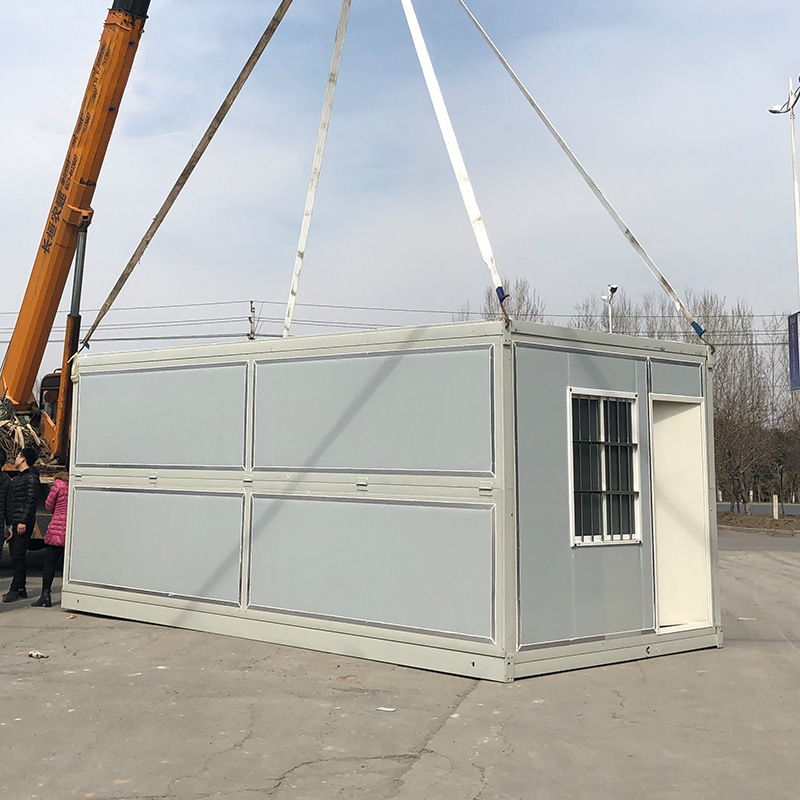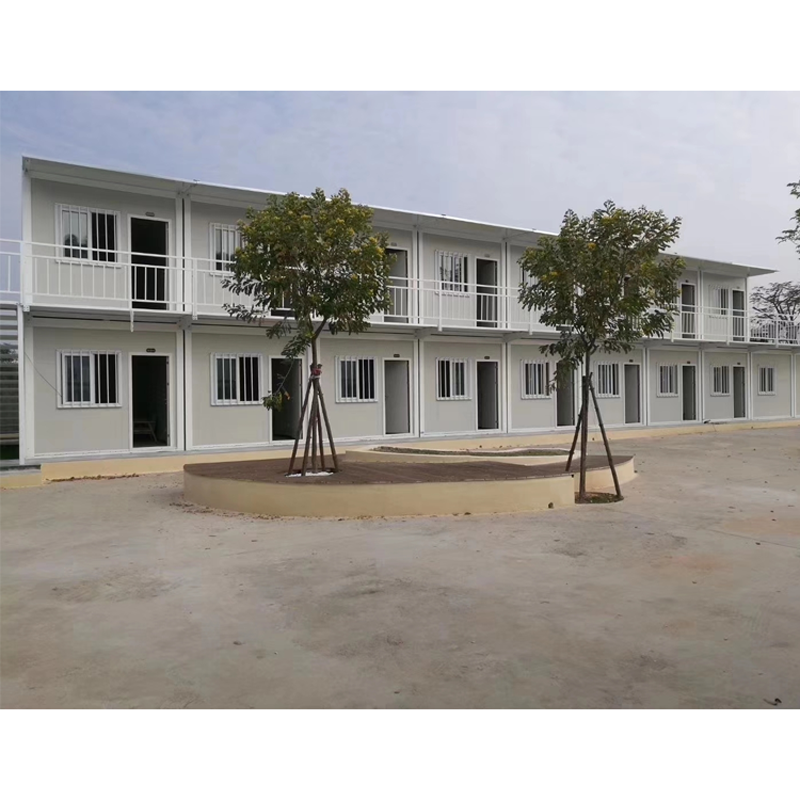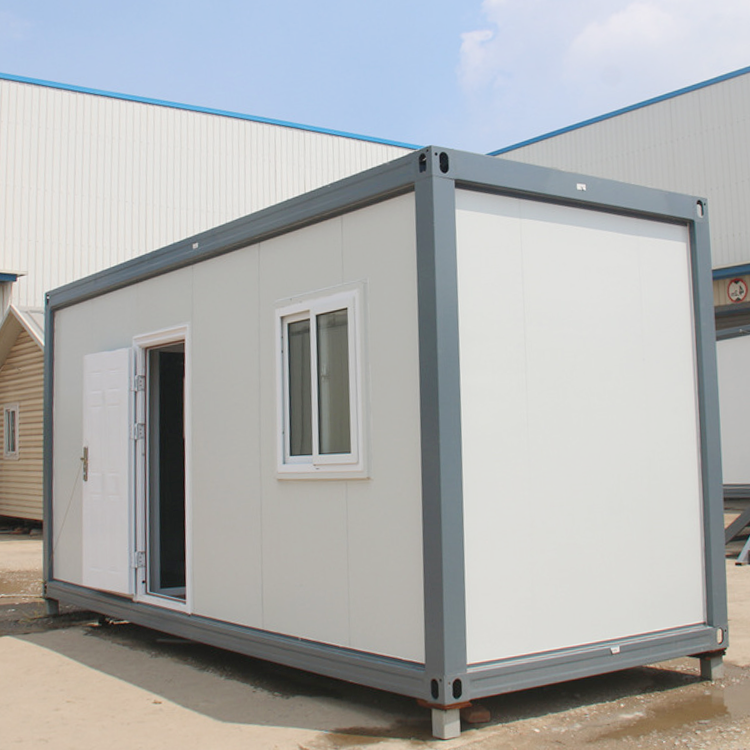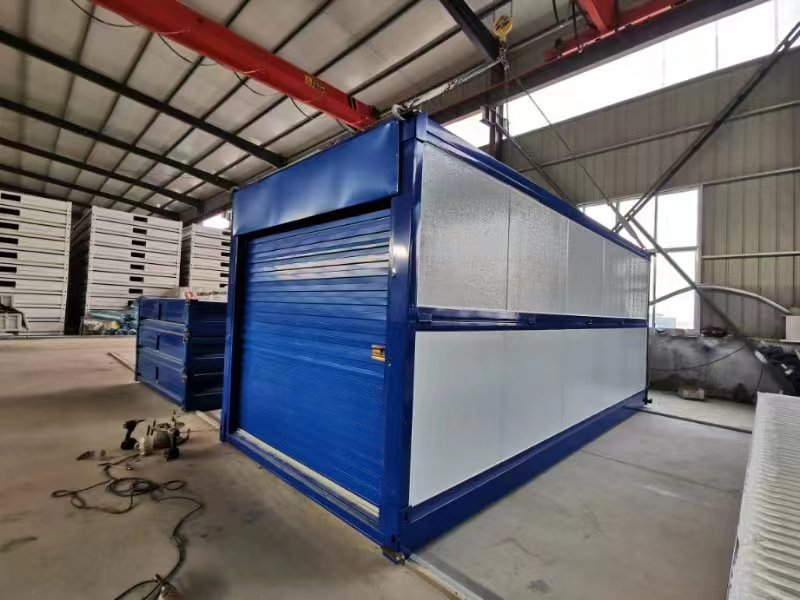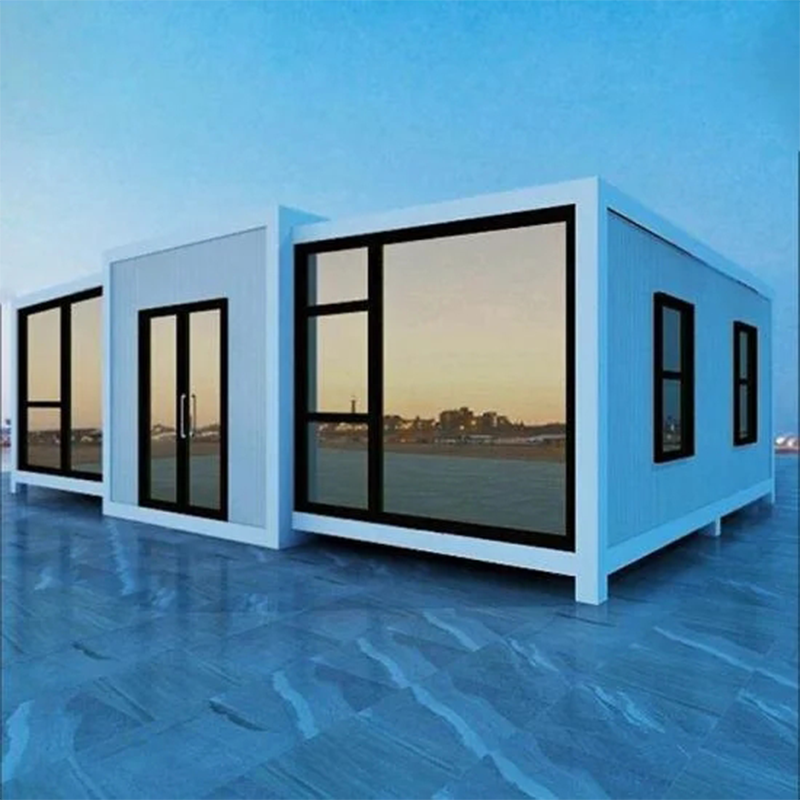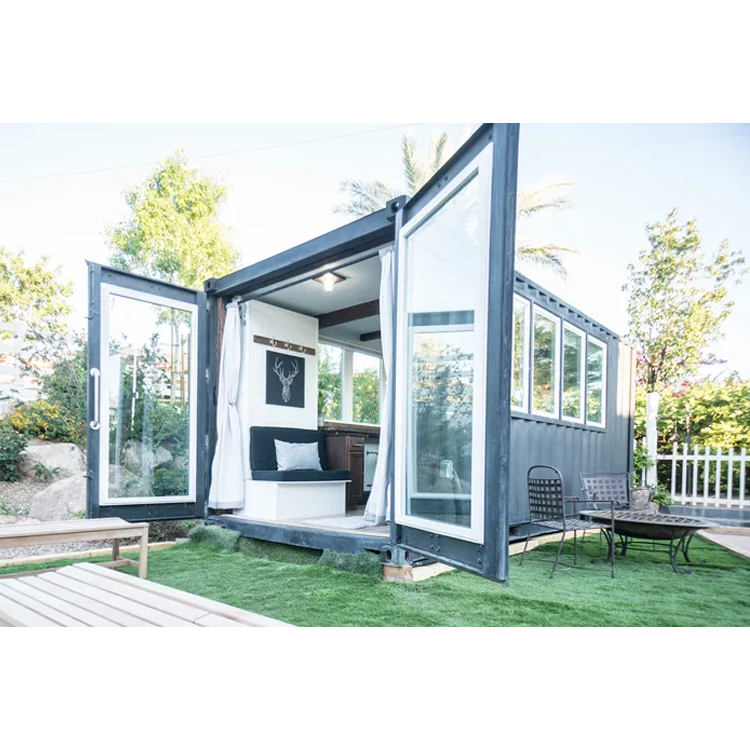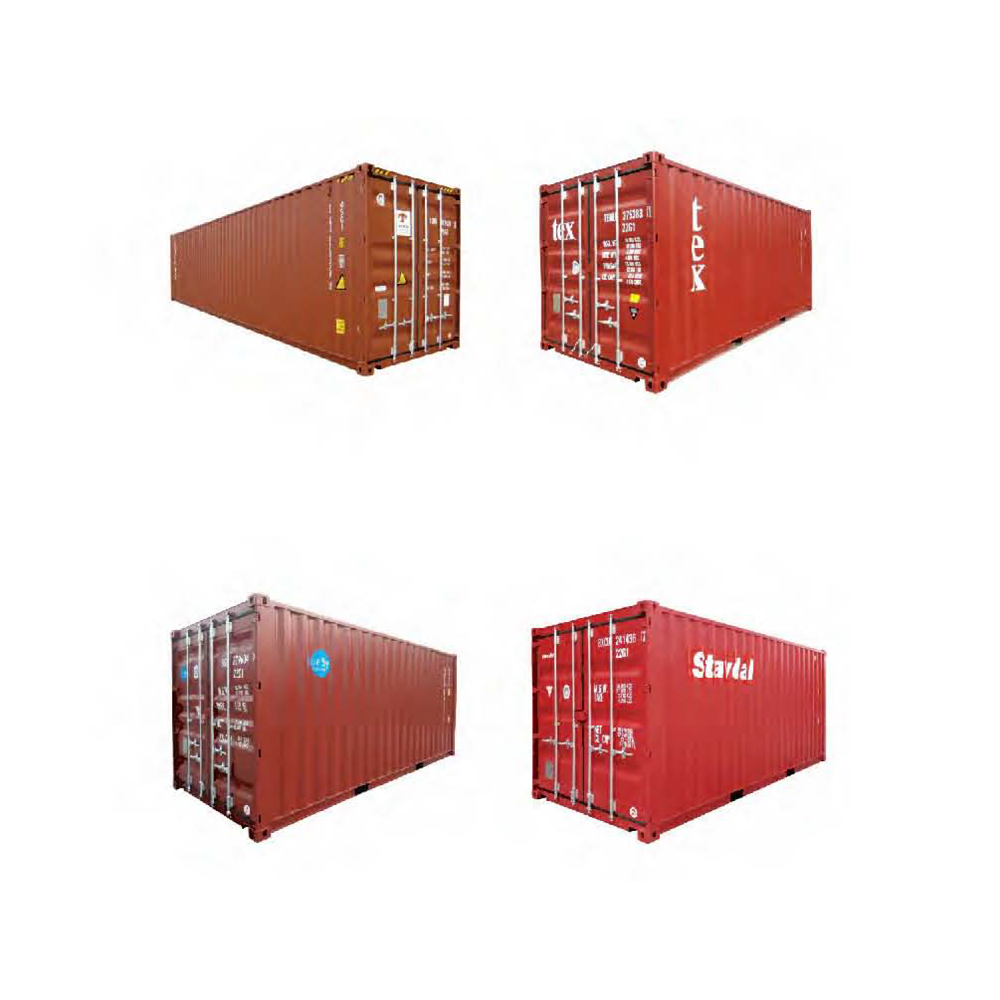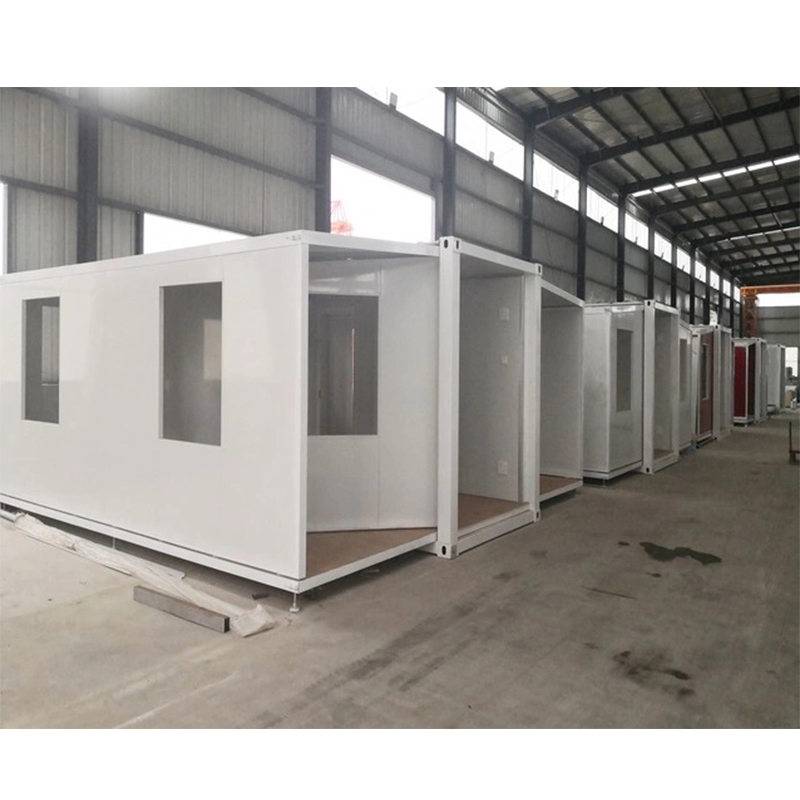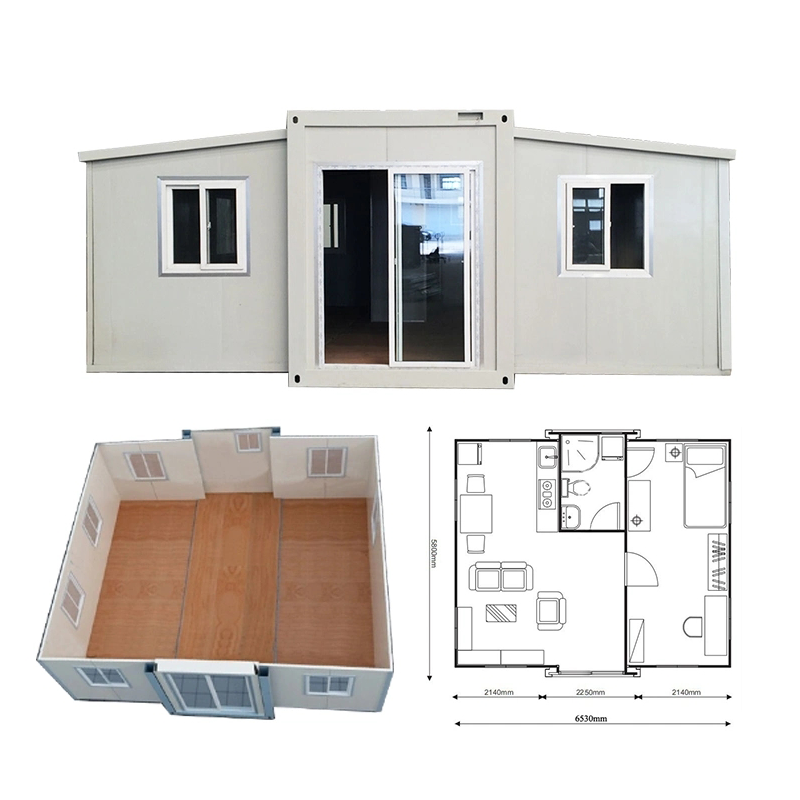What are the characteristics of folding houses
Foldable houses, also known as collapsible or portable houses, are emerging as a convenient and innovative housing solution. These structures offer the flexibility to expand and contract according to need, making them ideal for various applications ranging from temporary shelters to permanent residences.
The key feature of foldable houses is their ability to fold or collapse for easy transportation and storage. This mobility allows them to be deployed quickly in emergency situations such as natural disasters or humanitarian crises, providing shelter to those in need. Additionally, foldable houses are ideal for remote construction sites or temporary work camps where traditional housing may not be feasible.
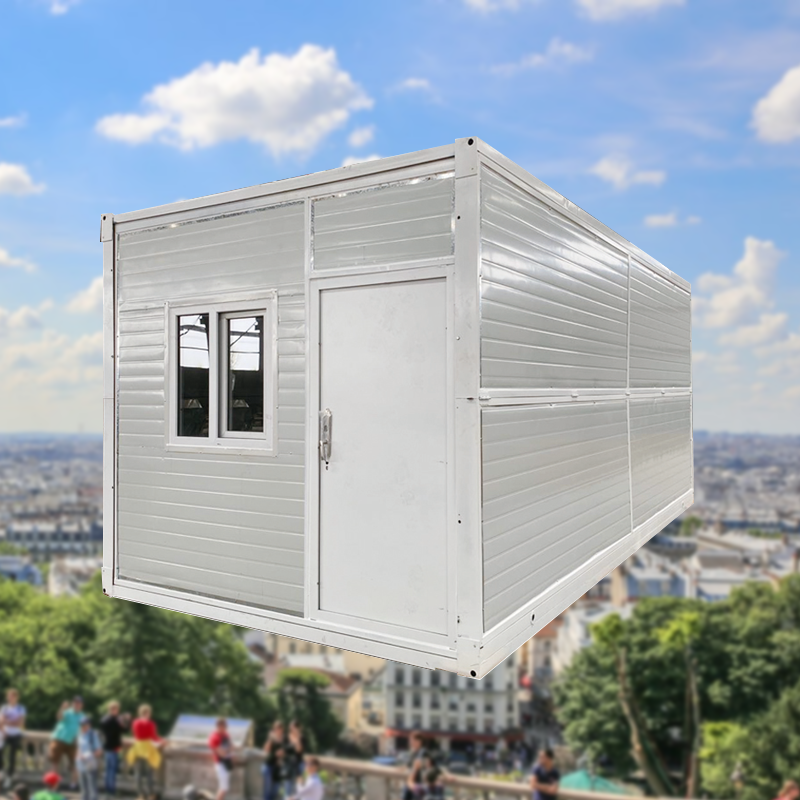
Despite their portability, foldable houses are designed to be sturdy and durable. Constructed from lightweight yet resilient materials, they offer protection from the elements and can withstand harsh weather conditions. Moreover, many foldable houses are equipped with insulation, ventilation, and other amenities to ensure comfort and livability.
In addition to their practical applications, foldable houses are also gaining popularity as alternative housing options for individuals seeking a minimalist and sustainable lifestyle. With their compact footprint and efficient use of space, foldable houses offer a smaller environmental footprint compared to traditional homes. Furthermore, their affordability makes them accessible to a wide range of people, including those on a tight budget or looking to downsize.
In conclusion, foldable houses represent a versatile and convenient housing solution suitable for a variety of applications. Whether used as emergency shelters, temporary housing, or permanent residences, their mobility, durability, and affordability make them an attractive option for individuals and communities seeking flexible and innovative housing solutions.

